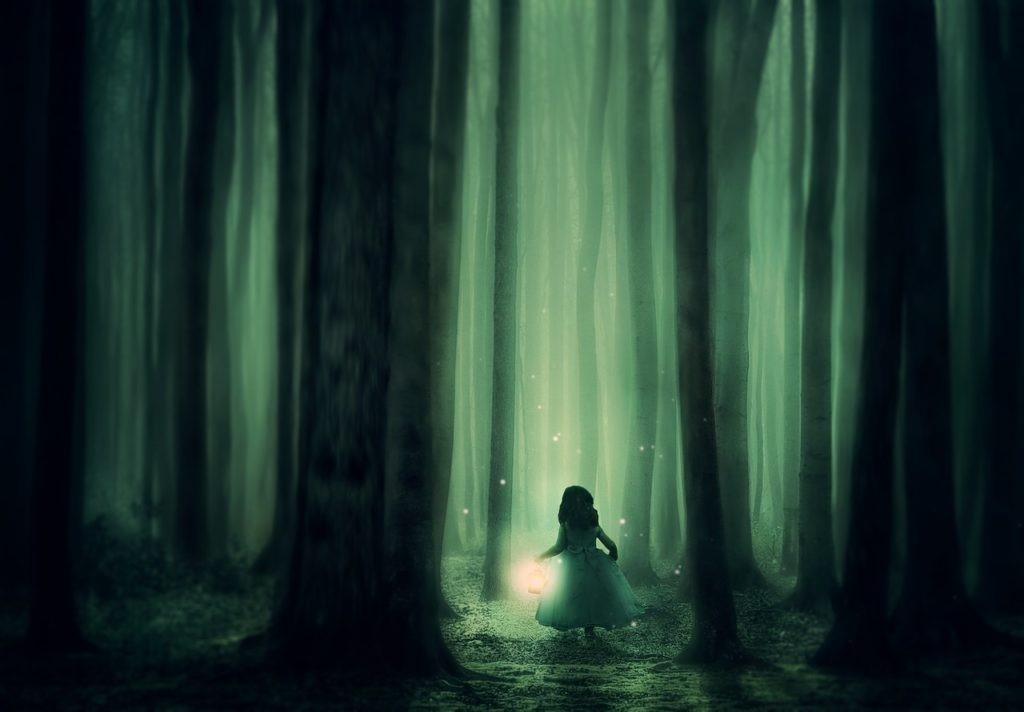– Corrado Gnerre
“When a finite being feels that he ‘becomes God,’ it is because he is, like Vespasian, on the eve of his dissolution …” These words are by the Catholic philosopher Gustave Thibon and are inserted in one of his works called Jacob’s ladder.
Evil has a very precise and somewhat paradoxical characteristic: it generates the opposite of what it wants to generate. It is the paradox of truth. Another famous Catholic philosopher of the 1900s, Augusto del Noce, in the wake of Giambattista Vico, spoke of “heterogenesis of ends.” If we start from a mistake, not only do we not reach what we want to achieve, but paradoxically we reach the opposite. The story of original sin tells us a lot about it. Adam and Eve sinned with the intention of being able to be greater, even to be able to become like God; not only did they not reach this goal, but “they discovered themselves naked,” that is, more limited than they originally were. So much so that they did not have the courage to go to God when the Lord, like every morning, decided to go down to Eden in the breeze of the day.
Let’s go back to Thibon’s words: man reaches his dissolution precisely when he cultivates the most disproportionate ambitions, wanting to become God. But man is widely aware of all this. Indeed, this is one of the most present themes in its existential dimension. Let’s take a famous character like Odysseus (better known as Ulysses). When he receives the proposal to become a god, he feels attracted by such a proposal, but then fails to keep the “nostalgia” of the return under control and decides not to betray his creatural nature. He prefers to reject an unimaginable proposal which was that of being able to become a god, because he knows that his original nature is the only condition to preserve his humanity.
Thibon’s words do not mention the word “nostalgia,” but this is the theme to which they refer.
It is true that Thibon limits himself to speaking of the temptation (however perennial) of man to make himself like God, but it is also true that this temptation develops when man abandons his essence and above all fails to feed the affection for its nature.
In this way Plato explains the sense of nostalgia and therefore the tension that man has towards the supersensible. Why – we ask – does each of us possess the concept of absolute if then in the reality in which we find ourselves, nothing is absolute? How come each of us has the concept of maximum perfection if then in the reality in which we find ourselves nothing is maximally perfect? Why is it that each of us possesses the concept of absolute beauty if, in the reality in which we find ourselves, nothing is absolutely beautiful? This means – concludes Plato – that man has already experienced all these things, he has experienced them in an ideal world even before living in a body. Obviously, that of Plato is an explanation that cannot be accepted in Christian terms; in fact it will then be corrected by the genius of Saint Augustine with the so-called “theory of illumination.” But what interests us in this case is the attention that Plato pays to nostalgia, stating that all in all it is this that moves the life of man and that leads him back to his being, to his meaning, to his destiny.
Nostalgia is the bringing of man back to the absolute. It is born and develops from the awareness that he cannot do without the infinite and the absolute, because he does not possess them in himself, because he is unequivocally limited, because he is incapable of organizing any kind of self-sufficiency, because he is structurally incapable of being answered to himself, because he cannot be God.
And here we are again with Thibon and his words: “When a finite being feels that he ‘becomes God,’ it is because he is, like Vespasian, on the eve of his dissolution ….” The desire to become like God is the opposite of nostalgia, because it is the opposite of the natural order; and nostalgia is the sublimation of order, it is bringing everything back to the origin, to the sense, to the dependence of the man-creature on the God-creator.
In The Brothers Karamazov Dostojevski lets one of his characters say: “All things and everything in the world is incomplete, for man, and in the meantime the meaning of all things in the world is enclosed in man himself.” These words can seem ambiguous, in the sense that they would seem to agree with a certain type of anthropocentrism that claims to affirm that everything would start with man and everything would end with man himself. And instead they have another meaning. Man (he alone on the face of the earth) has the ability to understand that everything is marked by the limit, that everything is – precisely – “unfinished.” But not only this. Only man has the possibility of understanding that everything acquires meaning from the expectation of man, from his desire to seek the Meaning: “… the meaning of all things in the world is enclosed in man himself.”
Therefore, everything acquires meaning from the human nostalgia of the divine.
(From Il cammino dei tre sentieri, May 2019. 2019©AP. Used with permission)


 Follow
Follow


